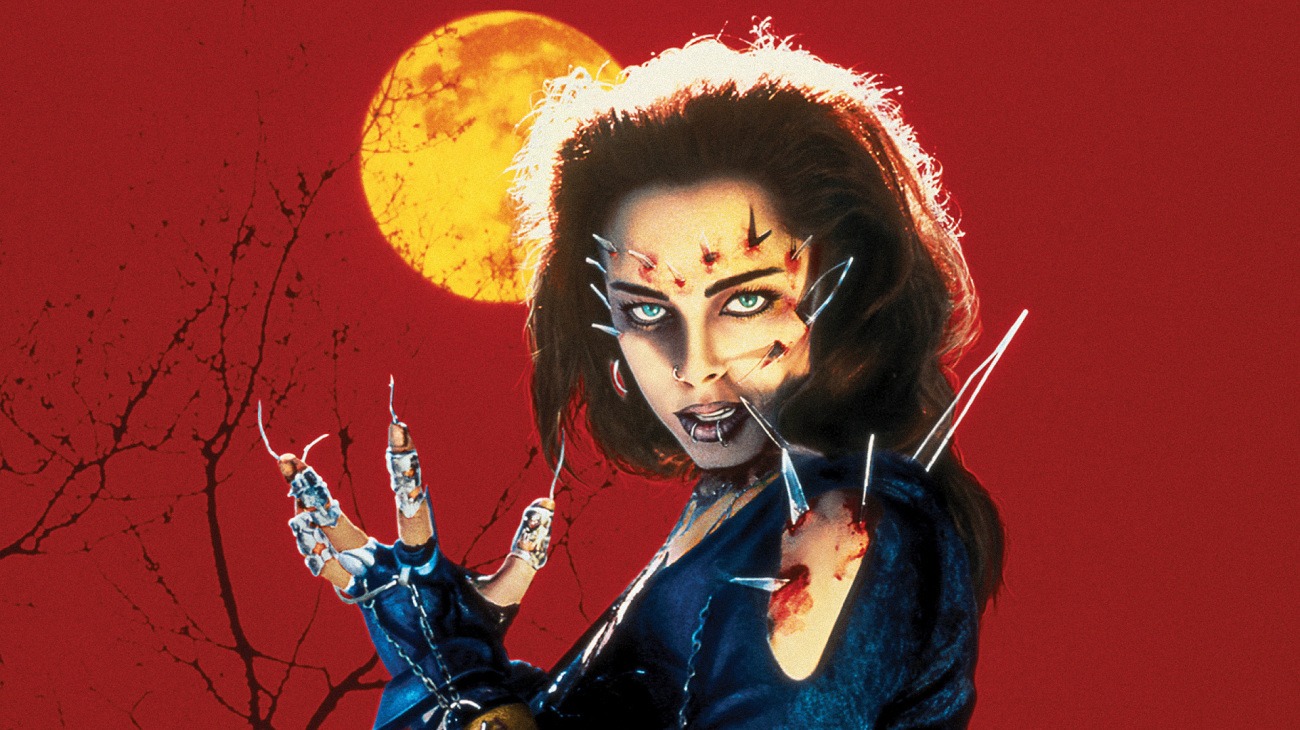“Sometimes the world of the living gets mixed up with the world of the dead.”
Mrs. Mills-The Others
Though I consider myself a knowledgeable film fan, I had never heard of The Innocents until researching for this year’s Halloweenfest. What was even more surprising was that Mike Flannagan’s 2020 miniseries The Haunting of Bly Manor is based on the same novella, The Turn of the Screw, as The Innocents.
The Innocents (1961), directed by Jack Clayton, is a psychological horror film that follows Miss Giddens (Deborah Kerr), a governess who becomes convinced that the two children she’s caring for, Flora and Miles, are possessed by the ghosts of their former caretakers. As the eerie atmosphere intensifies, Miss Giddens’ mental state unravels, blurring the lines between reality and delusion.

Deborah Kerr masterfully portrays Miss Giddens with an intriguing mix of innocence and growing skepticism. Her facial expressions shift seamlessly from fear to anger to joy, adding layers to her character. The other performances are quite good, too. Martin Stephens, who plays Miles, is an excellent child actor.

Clayton’s direction is superb. Clayton’s direction is nothing short of groundbreaking for its time. His use of minimal lighting, paired with deep focus and wide angles, creates a pervasive sense of dread. The sprawling mansion, paradoxically claustrophobic, becomes as much a character as the people within it.
My only gripe with the film is the ending. The Innocents and The Haunting of Bly Manor tell similar stories, but there are some key differences that would be considered spoilers if I divulged them. I will say I much prefer the ending of Bly Manor. The film builds tension through Miss Giddens’ point of view, but the unresolved nature of the conclusion left me questioning whether the ambiguity served the narrative.

While both The Innocents and The Haunting of Bly Manor adapt The Turn of the Screw, each approaches its themes in different ways. The film’s haunting visuals, Deborah Kerr’s outstanding performance, and Jack Clayton’s masterful direction all contribute to a lingering sense of dread. However, while the ending’s ambiguity might frustrate some, it remains a hallmark of psychological horror from that era. I still favor Bly Manor’s emotional conclusion, but The Innocents stands as a chilling, classic ghost story.
Rating: 8.5/10




